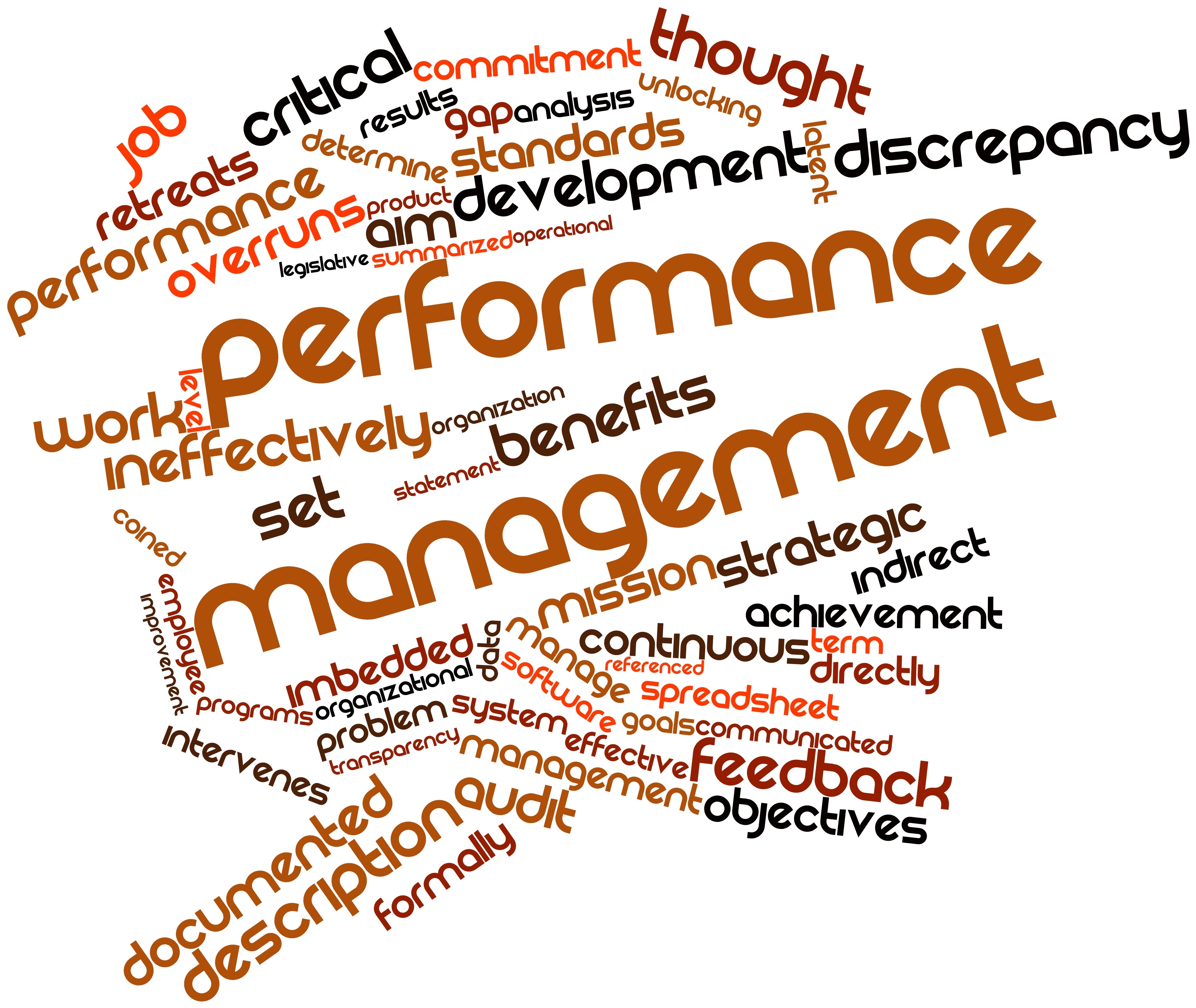As professionals we are required to engage in difficult conversations from time to time. Whether it’s a conversation that we initiate or a discussion that is directed at us, chances are, we’ve seen difficult conversations from both sides of the table in our careers.
By their very nature, difficult conversations are neither pleasant nor welcoming. Simply put, we’d rather not have them if we could help it.
As Managers, especially when it comes to performance related difficult conversations with our team-members, we often shy away (knowing that it’s necessary) for one or more of the following reasons:
- We feel it’s not our job – ‘Human Resources should do it’
- We aren’t really good at dealing with emotions – ‘What if they start to cry or get angry?’
- We don’t want to ruin our relationship with a team-member – ‘He/ She is my friend’
So the question that really begs to be asked is; how can we make difficult performance conversations ‘less difficult’ and more manageable?
Before we get to this, let’s first try and find out the issue with difficult conversations. On the face of it, we need to get the other person to agree to our point of view. How hard can that be? Our discomfort stems from the fact that we are apprehensive about the other person’s reaction – we often find ourselves running a ‘practice’ script in our mind before the actual conversation; trying out scenario after scenario and preparing our response in each case. But the actual conversation almost always turns out to be very different.
To simplify the process of having difficult performance conversations, let us try and break it down into the following three entities:
- Me
- You
- The Situation
A difficult performance conversation stripped to its bare bones is all about me (the manager), you (the team-member) and the situation.
It is important to focus on ‘me’:
By focusing on what you want, you are exercising control on possibly the only thing that you CAN control, which is your behaviour. Now this is easier said than done. Why, you ask? Because the tendency for either ‘fight’ or ‘flight’ is inherent in all of us. Under pressure, we resort to one of the two, depending on what comes naturally to us. It is here that you need to take control of your emotions and not give in to either.
It is also critical to understand ‘you’:
More often than not, we tend to pre-judge our team-member based on our experience with them. This tendency is difficult to resist, especially since we think we’ve got our team figured out – their motivations, strengths, challenges etc. We convince ourselves that we are right. This leads us, in our mind, to start preparing arguments and counter-arguments for any defence (or offence) that the team-member might put forward. This situation is akin to ‘Guilty till Proven Innocent’ and before we know it we’ve given in to the ‘horns effect’ in labelling the person with absolute statements like ‘he’s good for nothing…’, ‘she’s always late in report submissions’ etc.
One of the things that we as managers can do to change this is to stop thinking about the person and start thinking about the problem. By focusing on the issue rather than the personality, we can avoid judgment and carry out a difficult performance conversation with an open mind.
Learn about the ‘Situation’:
Last but not least; we need to understand the situation. We need to try and find out as much as possible about the circumstances under which an action was taken (or missed). Don’t make assumptions about what may have happened and how your team member may have reacted because ‘he/ she always does this’.
When you actually get to the scene of the conversation, double check your facts and gain agreement from the team member at the very beginning. This will help you in two ways:
– First, it will add credibility to your side of the story because you’ve stated and verified the facts.
– Second, once the team-member agrees to the situation, it will be difficult for them to go back and deny facts.
Therefore, as managers, it will serve us well to:
– Manage our emotions and hold our own in the face of aggression, submissiveness, stubbornness, denial etc.
– Target the issue and not the personality, while giving examples to make our point.
– Collect as much information as we can about the situation and prepare our case factually, giving the benefit of doubt to our team member wherever necessary.






